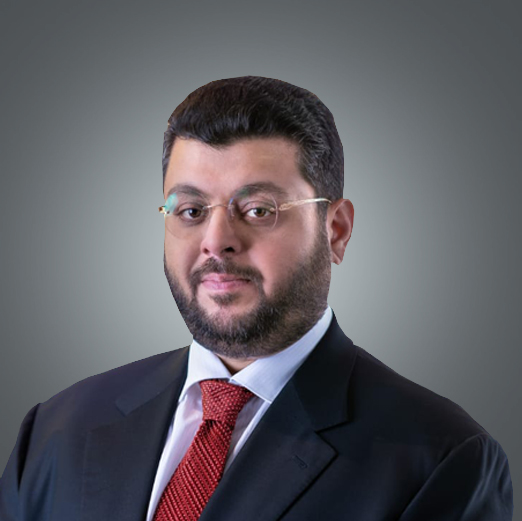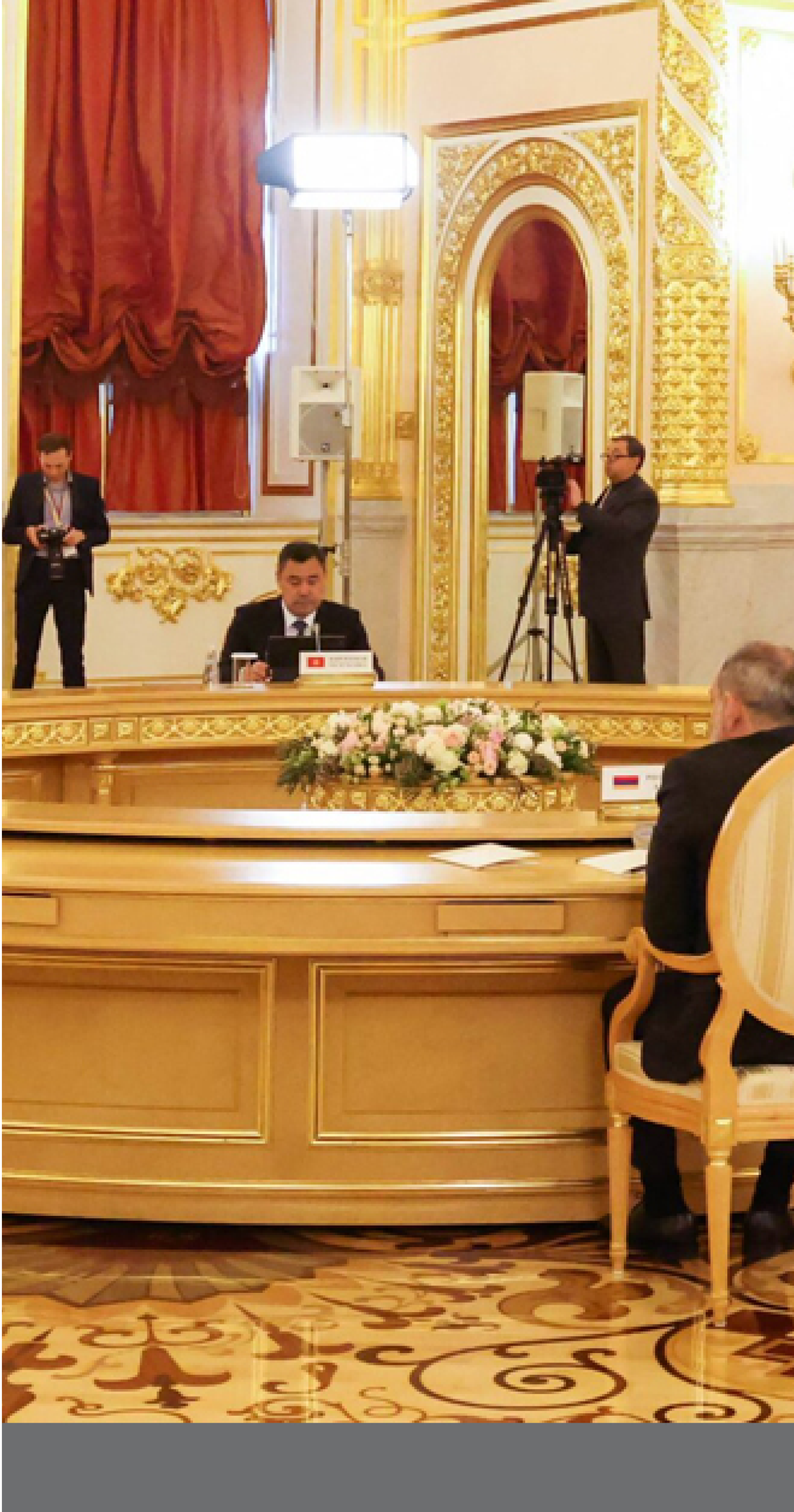This is especially clear in the case of Hamas, the Palestinian branch of the Muslim Brotherhood, which is always ready to ignite war in the territories whenever it suits Iran or when Iran needs leverage negotiating with the US.
Indeed, the US and British role in bringing Hamas to power and allowing it to overcome Fatah – whom I do not consider as an honest representative of the Palestinian people, but better than the rule of the militias – and to control the Gaza Strip. Speaking volumes is the silence on Iran’s political and financial support for Hamas, a designated terrorist organization. Giving Hamas a role in the peace process with Israel serves to reinforce the conviction among some Palestinians that only Hamas has the power to restore their rights.
Another example is the peace agreement the US signed with the Taliban in Afghanistan. Dozens of foreign officials, including the Turkish foreign minister and the US secretary of state, witnessed the signing ceremony in the Qatari capital of Doha in February 2020. With a stroke of a pen and the blessings of great Western nations, the Taliban was transformed from a nine-year-old terrorist organization into a political entity worthy of trust in a peace treaty agreement.
Other agreements with similar armed organizations loom in the future of Yemen, especially after the Biden administration removed the Houthi group from its designation as a terrorist organization and list of sanctions, without even asking it to stop chanting death to America, death to Israel slogans, and slogans that call for the death of their Saudi, Emirati, and Arab brothers. Such actions only increases the Houthi’s influence in Yemeni affairs and allow other nations to view it as an equal rather than the terrorist organization it is.
Likewise, what brought the pro-Iranian armed militias in Iraq to its current influence as a force that seeks to impose its rule and secure firmer Iranian control in the region? The goal of establishing the PMF, as well as Saraya Al Salam – one of Iraq’s largest paramilitary groups led by Muqtada al-Sadr, was to participate with US forces in Iraq to fight ISIS and, as usual, this backfired.
The armed militias turned into a political and parliamentary force that supports Tehran’s interests, and the Saraya Al Salam turned its guns against US troops in Iraq. Although al-Sadr, whose political party commands the biggest bloc in Iraq’s parliament after general elections in October, met with Crown Prince Mohammed bin Salman, one of the region’s most outspoken critics of Iran. In 2017 he visited Saudi Arabia, and he traveled to Tehran in 2019 to meet with Supreme Leader Khamenei and Quds Force commander Qassem Soleimani. As well, in 2020 al-Sadr traveled to Tehran again to meet with other leaders of Iraq-affiliated Shiite militias.
Although the US considers al-Sadr as moderate, he leads the largest and most dangerous of all the militias serving Iraq’s expansionist ambitions. I have lost count of how many thousands of Iraqi citizens, and US and British troops Saraya al-Salam has killed under al-Sadr’s leadership and how much he has contributed to disrupting the building of the Iraqi state and army.
The US could have avoided all this if it had adequately trained the Iraqi army, which fled from ISIS fighters despite its numerical superiority, leaving behind a treasure-trove of equipment and weapons. They are following Tehran’s orders and trying to find the opportunity to implement the plan of establishing facilities approved by the world, and are succeeding. The Iraqi army was infiltrated and the US did not know it, and that was a calamity. The past is prologue when one compares this outcome to events in Afghanistan. This leads one to wonder what did the US do for two decades in Afghanistan, Iraq, Lebanon, Yemen, and Gaza.
In his recent book, Do Morals Matter: Presidents and Foreign Policy from FDR to Trump, US diplomat and scholar Joseph S. Nye Jr. argues that when judging a president’s foreign policy, the end results and the means used to achieve them are as important as the moral soundness of their intentions. Through the multifocal lens of means, morality and intended results, have US policies in the Middle East succeeded? The answer is a resounding no.
In the Arab world, some say that the US foreign policy succeeded with distinction and superiority in spreading chaos. This is due in large part because the US sought to manage but not resolve Mideast conflicts.
Washington and Whitehall would be wise to re-evaluate the global role they play, as well as how the instability of this region is directly connected to earlier US and British policies. Despite the continuous efforts of the US and Great Britain to appease political Islam movements, neither nation will remain safe from violence that does not honor the principles or values of true Islam. Make no mistake, these movements despise the values of democracy and freedom that many Arabs – I am first among them – believe in, learn from and must defend on a daily basis.
Arabs have soundly rejected these organizations, and we have rejected the US gamble that these movements and their affiliated armed militias can ever serve as an alternative ally against existing authoritarian regimes. This was incontrovertibly proven by the second revolution Tunisians launched with their president, Kais Saied, against the Muslim Brotherhood government of Rached Ghannouchi, who tried to deceive the world that his party was a civil and non-ideological entity. The opposite is true. The Brotherhood used Islam to declare a caliphate after it strengthened its foundations and seized the state. We thank God that the Brotherhood failed to take control of Tunisia, as it had failed before in Egypt, Libya, Algeria, Morocco, Jordan, and other states in the region.
People of the region are expecting support for real democracy from the US that will lead them to safety after decades of wars, conflicts and destruction. The US, Great Britain, and Europe hold the keys to the region’s peace and democratic nation building that will undoubtedly help ensure their own strength and security – without having to fight wars or rely on militias that only speak the language of violence and exclusion.
Perhaps the greatest support the US, Great Britain, and Europe can offer the region is reviving the idea of the creation of a Mideast collective defense alliance, first proposed in 2017. It would include the six Gulf states (the United Arab Emirates, Saudi Arabia, Kuwait, Bahrain, Oman, and Qatar), Egypt, Jordan, and other Arab states that wish to protect the interests of their countries, their citizens and their religions (Islam, Christianity, and Judaism) from the dangers of radical organizations that want to return to the time of the caliphate.
Only the combined forces of an Arab NATO with support from the US, Europe, and Israel can end the role of armed militias and allow the Arab world to focus on building a secure homeland for its citizens in complete peace with its neighbors. Some may argue that there are countries that do not have formal peace agreements with Israel, such as Saudi Arabia and Kuwait; nevertheless, I urge them to cooperate militarily with Israel on security issues to protect their country from the dangers and true threat of armed organizations. Israel is not the real enemy, but those who spread fear, corruption, and destruction.
In conclusion, since the US and Great Britain helped militias flourish in the MENA region, it only seems fair that they help establish an Arab NATO with Western and Israeli support that is capable of defeating them.
.jpg-%D8%AD%D9%84%D9%81-%D8%A7%D9%84%D9%86%D8%A7%D8%AA%D9%88.jpg)

.jpg-%D8%AD%D9%84%D9%81-%D8%A7%D9%84%D9%86%D8%A7%D8%AA%D9%88.jpg)
.jpg-%D8%AD%D9%84%D9%81-%D8%A7%D9%84%D9%86%D8%A7%D8%AA%D9%88.jpg)

